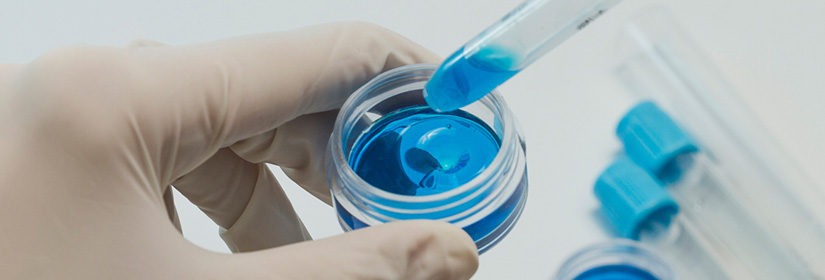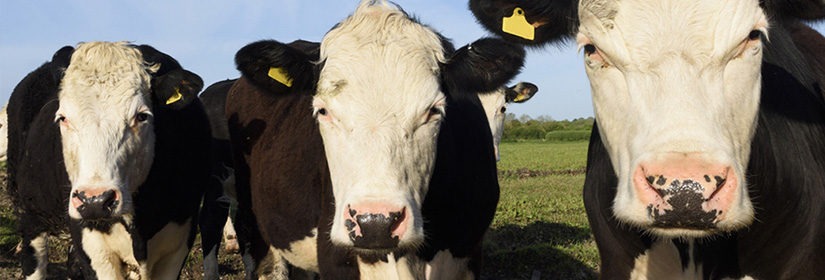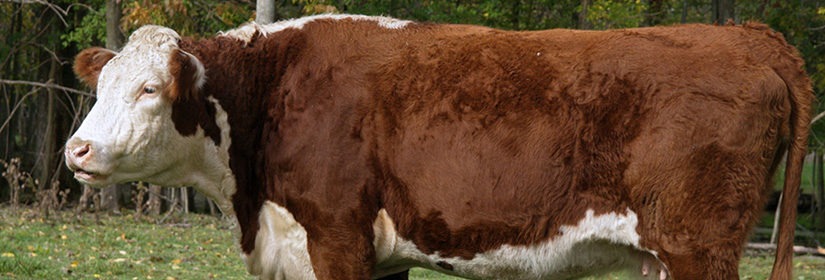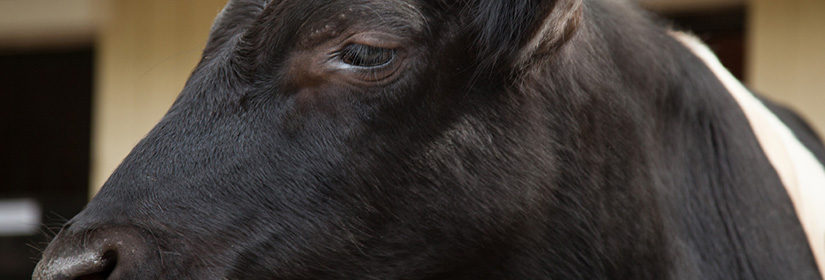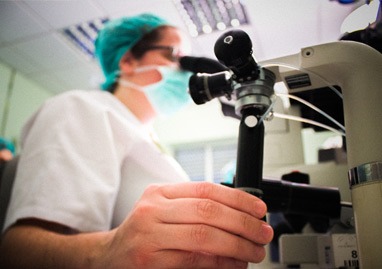No products in the basket.
Schmallenberg Virus
We have seen a lot of deformities in newborn calves this year in Co. Roscommon. In most cases these have been “dwarf” calves. Some herds have had one or two, whereas others have had many such calves. It seems that prolonged feeding of cows on silage of variable quality has led to the widespread occurrence of this problem. We have also seen a number of other deformities in cattle and sheep. Continue reading “Schmallenberg Virus”

